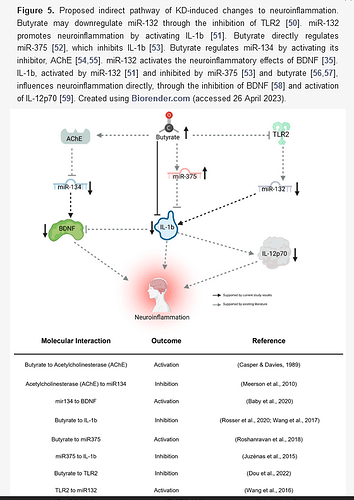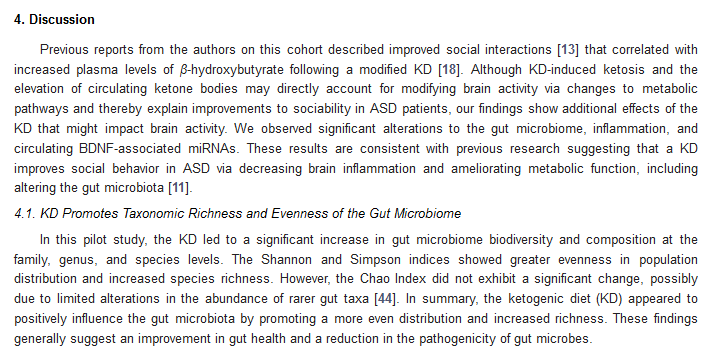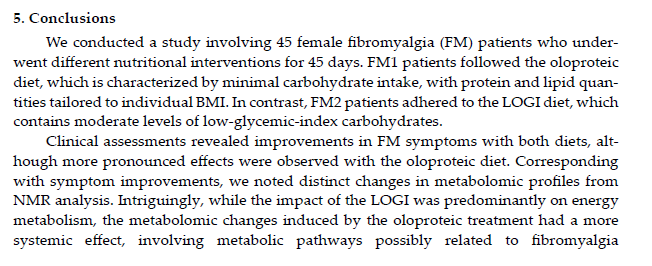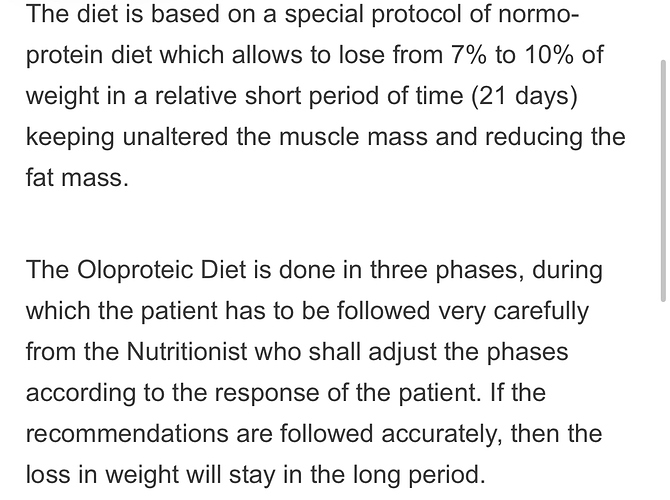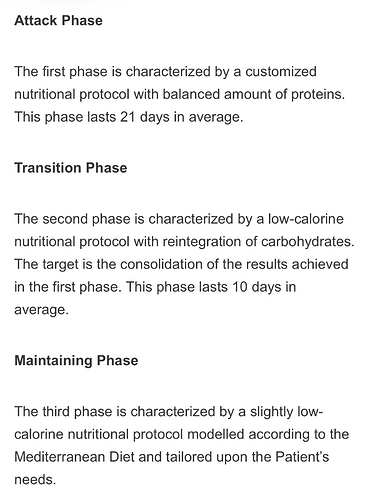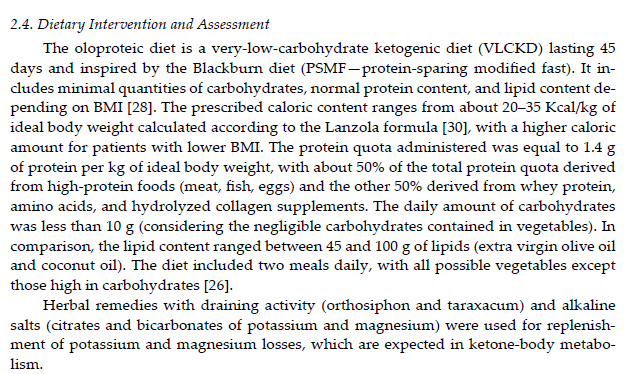Not sure how many people are seeing this, but the number of studies for evaluating the keto diet for mental health is exploding.
Here’s one study trying to ascertain what is happening when children with autism spectrum disorder are given a keto diet:
Part of what they think is happening is due to anti-inflammatory effects on the brain. Here is one of their figures attempting to explain what they think are these effects:
But that’s only one factor:
On to another study. This one is for ADHD and depression for college students. It appears to be funded mainly (?) crowdfunded.
Another one: " Ketogenic Diet Intervention on Metabolic and Psychiatric Health in Bipolar and Schizophrenia: A Pilot Trial"
https://www.sciencedirect.com/science/article/pii/S0165178124001513?via%3Dihub
A ketogenic trial for anorexia:
A case report in the same vein:
Exciting times!
As I find more of these, I’ll report them here.
Edit: Forgot about keto and migraines:

